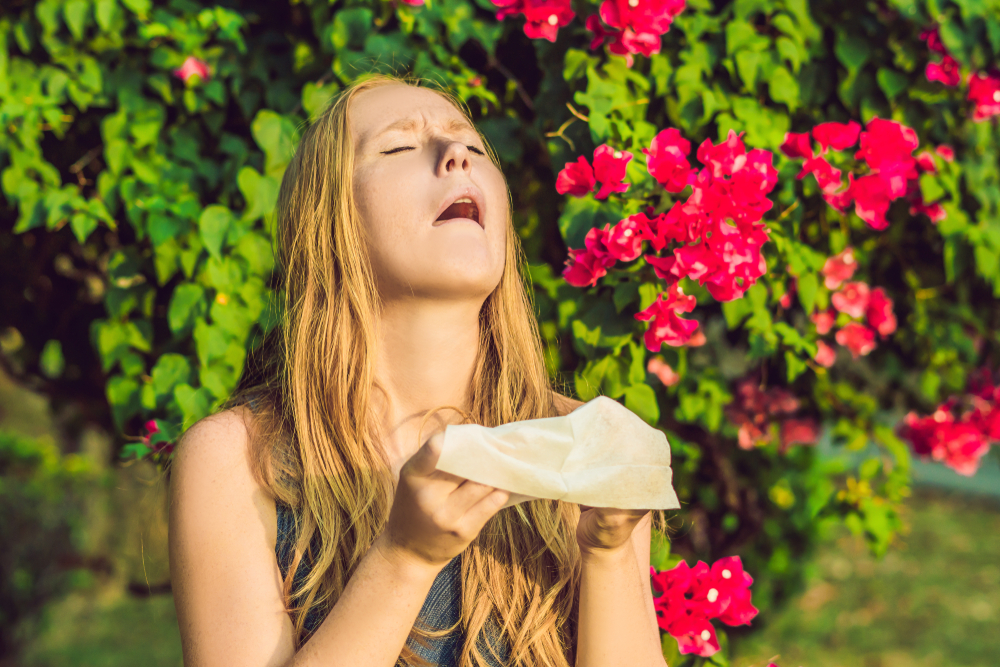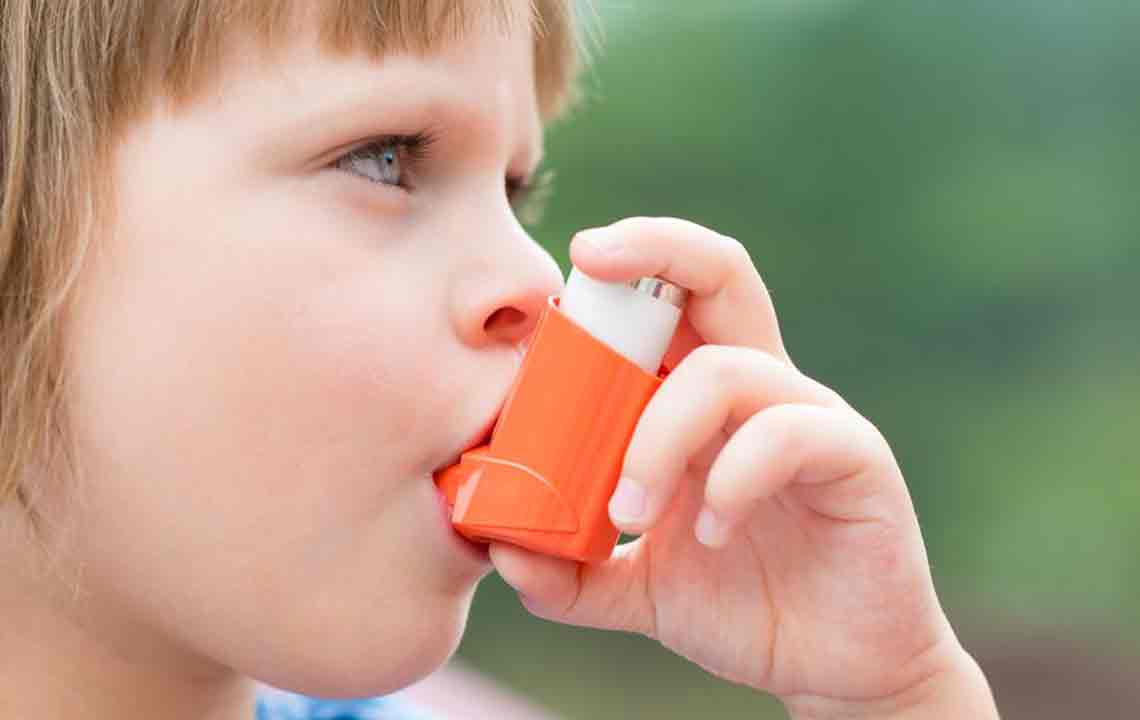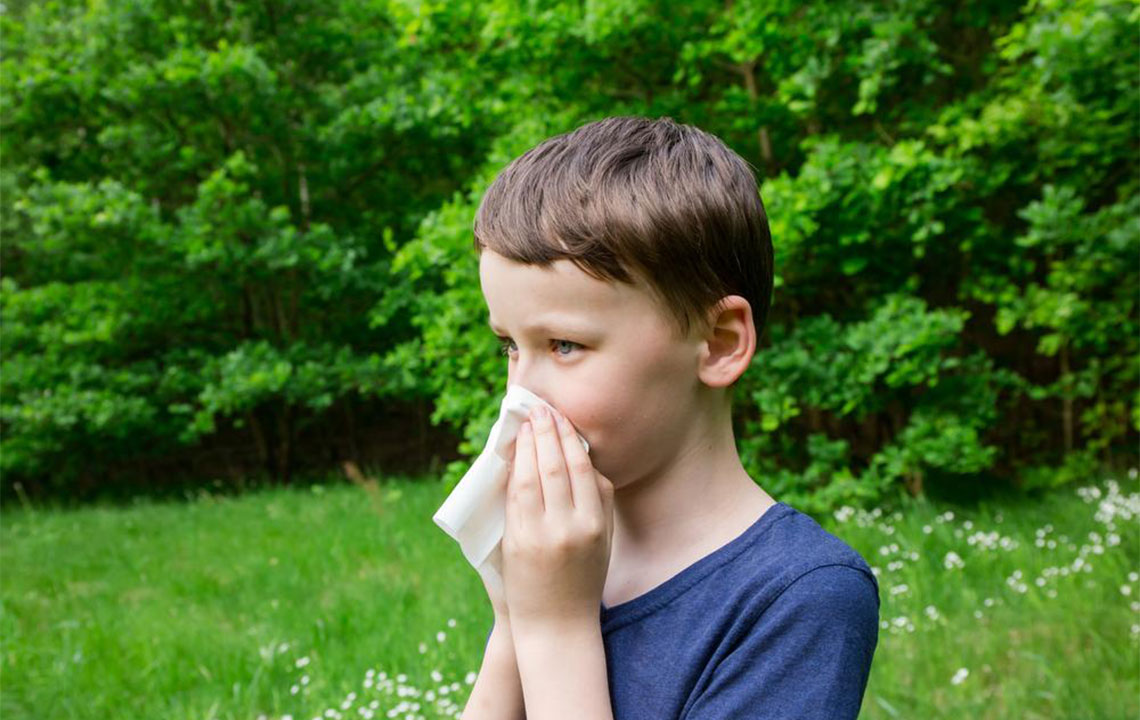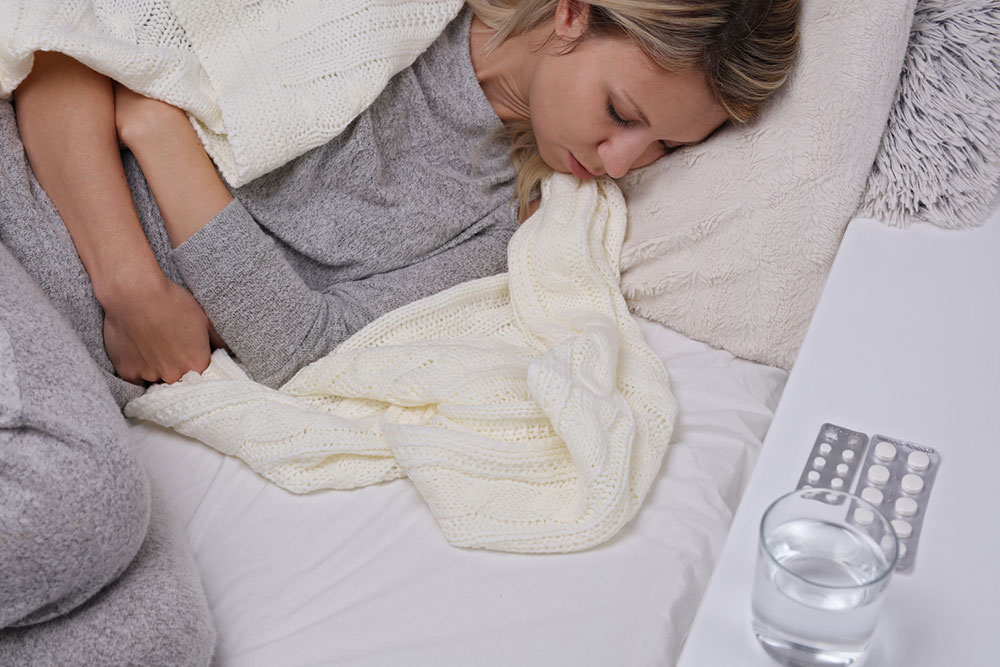Comprehensive Strategies for Managing Itchy Eyes
Learn effective strategies to manage itchy eyes caused by allergies. This guide covers environmental controls, home hygiene tips, and medical treatments, including medications and advanced therapies. Protect your eyes from pollen, dust mites, and indoor molds by following proven methods. Consulting an allergist can offer tailored solutions for long-term relief, ensuring healthier, irritation-free eyes and improved quality of life.
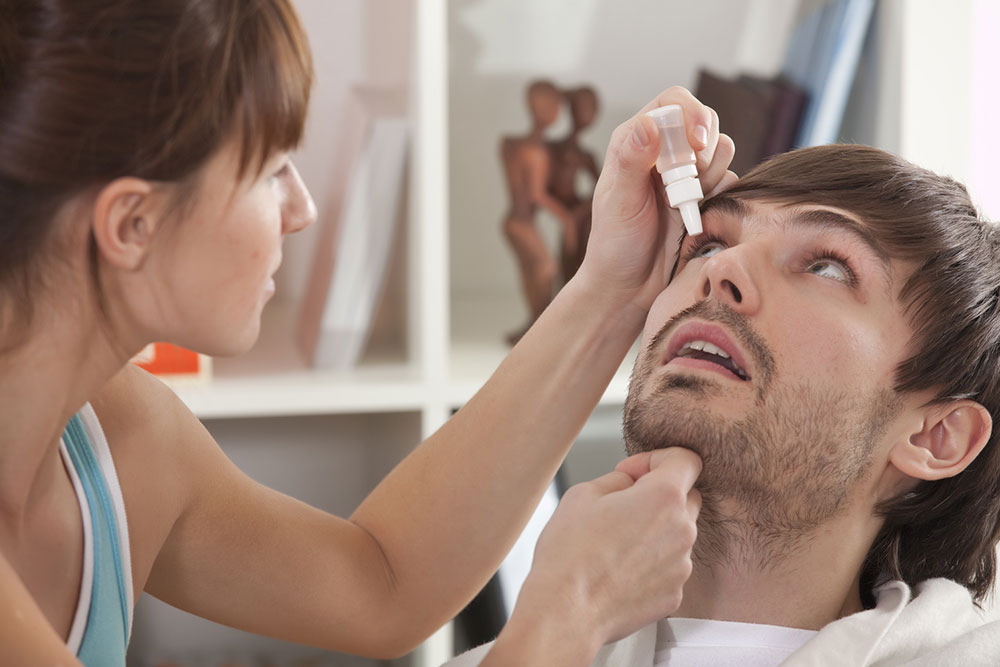
Comprehensive Strategies for Managing Itchy Eyes
Experiencing redness, itching, and swelling around the eyelids often indicates allergic conjunctivitis, commonly known as eye allergy. Common triggers include pollen from trees, grasses, weeds, and irritants such as perfumes, cigarette smoke, or vehicle emissions. When exposed, your eyes release histamine, causing redness, itchiness, and watery discharge, signaling an allergic response. Recognizing symptoms like burning sensations, mucus production, light sensitivity, and puffiness helps in early intervention.
To effectively manage itchy eyes, it is crucial to minimize exposure to allergens. Staying indoors during peak pollen times, usually mornings and evenings, can be beneficial. Using air conditioning and closing windows prevents outdoor allergens from entering your home. Wearing sunglasses outdoors acts as a barrier against pollen contact, while keeping car windows rolled up preserves eye comfort during travel.
Dust mites contribute to eye allergies as well. Protect yourself by using allergen-proof pillowcases, washing bedding regularly, and replacing old mattresses. When cleaning, opt for damp mops instead of sweeping to reduce airborne allergens. Keeping pets away from carpets and curtains minimizes allergen buildup inside the home.
Controlling indoor moisture levels with a dehumidifier prevents mold growth, another common allergen. Practicing good hygiene after handling pets, including washing hands and clothing, further reduces allergy risks. If symptoms persist, consulting an allergist is essential for personalized treatment options.
Medications like OTC antihistamines and specialized eye drops provide short-term relief, but prolonged use should be monitored by a healthcare professional. Prescription options include antihistamine and mast cell stabilizer eye drops, meant for both short-term and long-term management. It’s especially important to seek medical advice when treating children, to ensure safe and effective therapy. Treatments such as tear substitutes and decongestants help wash out allergens and reduce redness, respectively. However, overuse of decongestants should be avoided to prevent rebound redness.
Advanced treatments like antihistamine eye drops, NSAIDs, corticosteroid drops, allergy shots, and non-sedating oral antihistamines are available for significant allergy cases. These therapies can significantly reduce symptoms and improve quality of life.
Note:
The information presented here covers various aspects of eye allergy management. While the details are based on research, readers should consult healthcare professionals for personalized advice. The website cannot be held responsible for discrepancies or usage of the information for self-diagnosis or treatment decisions. Always seek expert consultation for persistent or severe symptoms.

